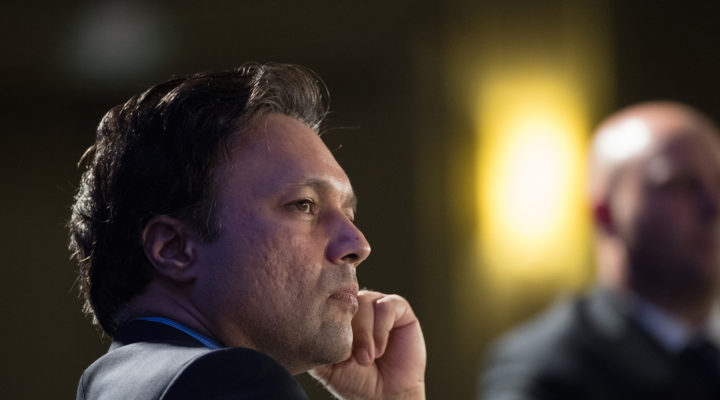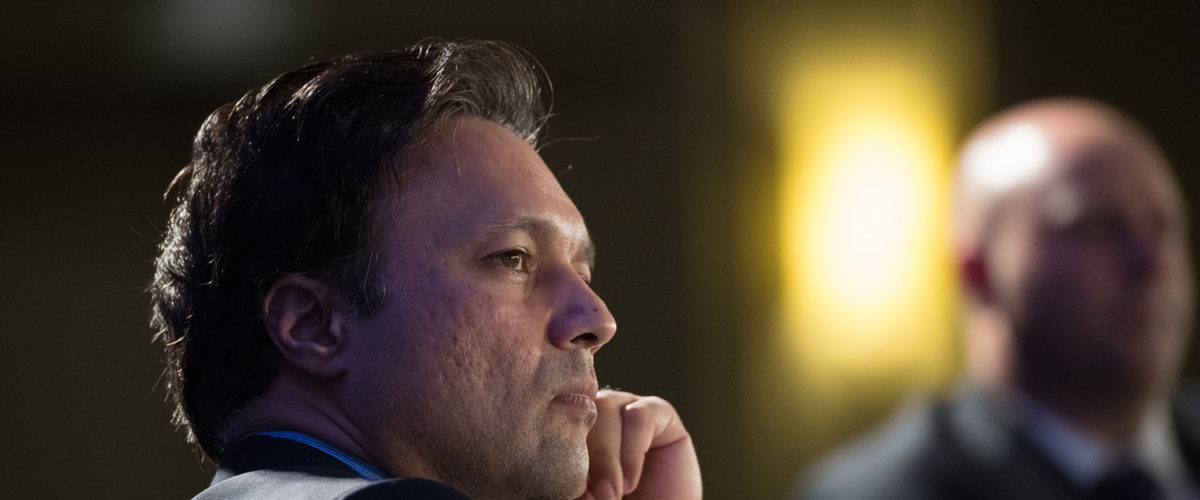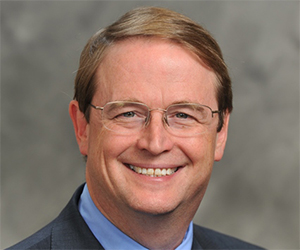Most pastors have had administrative responsibilities.
But experts say it has gone well beyond that for ministers who are facing increasing pressure to act more like chief executive officers than pastors.
Congregations concerned about dwindling numbers — both on the rolls and in collection plates — want CEOs more than spiritual mentors.
Karl Vaters called attention to it recently in his Pivot blog for Christianity Today.
Always staying ahead of the curve, dealing with church members’ expectations, managing staff (mostly volunteers) and trying to fund it all are among the pressures against pastors being pastors, Vaters said.
“We’re called to equip the people to be ministers themselves. But somehow the role of pastoring has morphed from equipper to spiritual enabler. And now to spiritual CEO,” he wrote in the March 6 blog.
He isn’t the only one seeing the trend — or concerned by it.
“The CEO model doesn’t work,” said Brett Younger, pastor of Plymouth Church in Brooklyn, N.Y., and former associate professor of preaching at Mercer University’s McAfee School of Theology.
“It keeps the church from having any spiritual depth and it keeps the minister from having any real depth,” he said.
Pastors also “cease to be ministers of word and sacrament” when those styles of ministry dominate.
While the minster’s role should be about leading others to belief in Christ and into ever-deepening faith, the CEO approach instead puts the focus on the institution. The church itself becomes the focus and purpose of faith, Younger said.
Pastors also should stay out of roles such as social worker or therapist and concentrate primarily on showing others how to pray, read Scripture and to live their faith every day, he said.
But Younger said churches are decreasingly interested in those qualities.
“I’m still a reference for former students, so I have a lot of conversations with church search committees,” he said.
The questions committee members ask are revealing.
“They ask about leadership style and conflict management.”
“As the culture stopped supporting the church, the preaching became more about institutional success and less about the experience of God.”
About two-thirds of the time, Younger said, he has to inject that the candidate loves God and loves the church and is trying to follow Christ.
“They never ask that stuff — almost never. And they seem surprised that I want to tell them that.”
Practically every minister and every church feels these pressures, he said. Going against the grain is difficult.
“It takes enormous self-discipline to walk away from the busy-ness of the church, or the business of the church, to spend time opening yourself up to God,” he said. “And if you don’t spend time somewhere else you cannot bring a word from somewhere else.”
Preaching, once the top quality sought in a pastor, has dropped as the social trends degraded interest in church and faith.
“As the culture stopped supporting the church, the preaching became more about institutional success and less about the experience of God,” Younger said.
The demand for CEO-style church leaders subsequently rose as attendance and membership declined — and threatened the institution.
“The CEO approach works if your goal is to get more money and bring more people,” he said. “But then you have ceased to … bring depth to people’s lives.”



